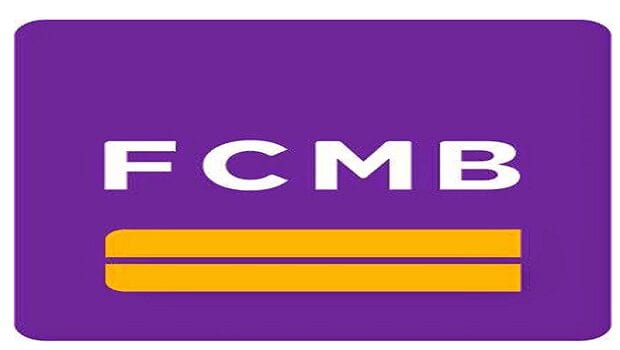First City Monument Bank (FCMB) Group Plc did every possible thing to ensure it keeps its head above water, but the bottom line slumped sharply. They were able grow customer base by as much as 33 per cent, disbursed 20,000 b loans with over 2,000 monthly to women-owned micro-enterprises, including other attempts, but saw its profit for the year fall by 78.5 per cent from N22.13 billion in 2014 to N4.76 billion in 2015, while its profit before tax declined by 70 per cent from N22.4 billion in 2014 to N6.1 billion in 2015. This is in spite of the fact that gross earnings went up by 2.6 per cent from N148.64 billion in 2014 to N152.51 billion in 2015.
Ladi Balogun, the Group Managing Director and Chief Executive Officer of the bank did not hide what the bank, and indeed other peers went through in 2015.
“2015 as a challenging year for the industry and for FCMB. W s a decline in global oil prices, he implementation of the Treasury Single Account (TSA) (which saw over N2 trillion if deposit withdrawn from the banking system) and greater foreign exchange controls from the CBN, with it’s impact on trade and foreign exchange related income.
“In the thirst three quarters of 2015, we also witnessed a continuous rise in the Cash Reserve Ratio (CRR) stipulated by CBN, ending with a consolidation if public/private sector cash CRR to 31 per cent before eventual reduction to 25 per cent. Te consequence of this policy was a persistent squeeze on interest margins”, said Balogun.
Balogun said, the most significant item on the group’s profit and loss statements were the impairments of N14.1 billion, an increase of 34 per cent over the impairment in the previous year.
In 2015, two specific items stood out: an impairment of N6.2 billion on loan to a major player in the oil industry; and N5.4 billion provisioning on a contractual obligation from the Asset Management Company of Nigeria (AMCON).
The chief executive however assured shareholders that the bank is pursuing the recovery of both items vigorously and have tightened it’s credit underwriting standards to prevent a future recurrence.
The bank’s asset also diminished from N1.17 trillion in 2014 to N1.16 trillion in 2015.
Specifically, loans and advances to customers reduced from N617.98 billion in 2014 to N592.96 billion in 2015.
Also, it’s liability went down from N1.0 trillion in 2014 to N997.14 billion in 2015.
Particularly, deposits from customers declined from N733.8 billion in 2014 to N700.22 billion in 2015, while deposits from banks rose from N4.8 billion in 2014 to N5.46 billion in 2015.
According to ten consolidated and separate statements of profit or loss and other comprehensive income, profit for the year dipped by 78.5 per cent from N22.13 billion in 2014 to N4.76 billion.
Balogun however said, as a silt of various revenue and expense movements, the banking group’s profit before tax declined by 70 per cent from N22.4 billion in 2014 to N6.1 billion in 2015.
Nonetheless, he said, the bank was successful in the planned moderation of its operating expenses
“This is a medium term exercise over three years that will gather pace in 2016. The early stages of the implementation of the cost curtailing initiative resulted in a modest two per cent growth in operating expenses in 2015, (well below inflation rate), as against 11.7 per cent growth in 2014. We anticipate absolute reduction if N5 billion in 2016, taking us below our 2014 figure and a further reduction in 2017”, said Balogun.
He added that, despite the disappointing financial performance, the banking group business strategy of building a retail-led come vial bank remains on course, as illustrated by growth in personal banking revenue in 2015.
On the bank’s non-financial goals, it’s Net Promoter Score (NPS), which measures customer satisfaction and advocacy, improved to +44 per cent in 2015, against +32 per cent I. 2014.
The Group Managing Director said, in a bid to make banking more convenient and accessible, it grew tie number of ATMs to 689 and PoS to 12,000 in 2015.
Looking ahead, Balogun said, “we are acutely aware that this has been a challenging year for the bank as reflected in the financial results contained in this report. While the results reflect the difficulties our business has faced over the year, I want to assure you that we have moved swiftly and decisively to address these issues, and in the fourth quarter of 2015, we began to see early promising signs from the actions we have taken so far to reset the business and rests our growth”.
Balogun said, 2016 performance improvement is expected to be driven by improvements in operating efficiency, with a goal to achieve about nine per cent in cost savings during the year, continuous move to intensify retail banking investment drive, particularly in alternate channels like ATMs, PoS and agent banking.
The bank said it has made significant changes to its credit underwriting standards and intensify loan recovery efforts.































